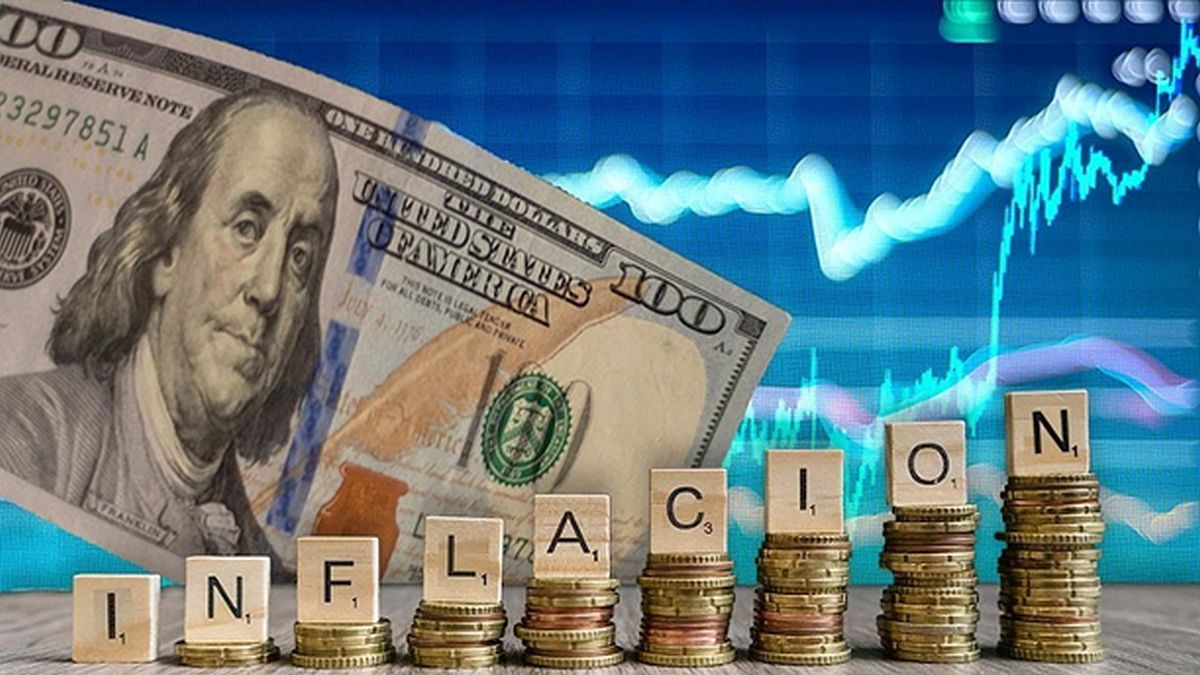The Argentine economy is going through a complex period in which citizens’ efforts to contain inflation have been extraordinary.but with results that leave much to be desired. Although there are signs of a slowdown in the inflation rate, the improvements have not been sufficient to ensure a stable economic future. Unless effective and sustainable policies are implemented, the year 2025 could present major risks, with potential financial and social turmoil.
October tax revenues offer a mixed scenario. Total real tax collection showed a decrease of (-0.4%) month-on-month, after the strong rebound of 7.7% in September. Despite a growth of 10.5% since the March lows, collections still remain 8.8% below the levels observed in the first 2 years of Mauricio Macri. This slight rebound is largely due to temporary and extraordinary income, such as the “PAIS tax” and income from phase 1 of money laundering, which together represent only 1.3% of GDP to date.
For example, the PAIS Tax experienced a rise of 2.6% month-on-month in October, after a drop of 44.7% in September. On a year-on-year basis, this tax has increased by 134.9%, but it is a temporary measure that will be eliminated in December. On the other hand, tax laundering has contributed additional income, but it is also a short-term solution that does not guarantee sustained stability.
Projections indicate monthly inflation of approximately 3% for October, with a slight slowdown from 3.5% in September and the monthly average of 4.3% through August. This trend could be interpreted as a positive development, but should be approached with caution: CABA’s CPI, for example, was 3.2% in October, also showing a slowdown. Nevertheless, These improvements respond to seasonal factors and specific regulations, without a solid economic base that guarantees their continuity.
Food inflation, one of the most sensitive sectors, has shown the greatest deceleration since July 2020, standing at 1.7% month on month. However, fresh vegetables and fruits have seen significant rebounds, indicating that the reduction in the cost of living is, to a large extent, unstable and vulnerable to external and climatic factors.
Is fiscal recovery sustainable without temporary income?
In this context, a recurring question arises again from this column: will Argentina be able to maintain its fiscal recovery in 2025, without the extraordinary income from the “PAIS tax” and other temporary measures?
Although projections suggest that economic activity could rebound, in line with a slight increase in GDP (“ceteris paribus”), the elimination of these temporary taxes and the lack of sustainable growth put the draconian fiscal adjustment at risk. Without a restructuring of fiscal policies and a more effective promotion of investment and employment, tax collections could experience a significant drop, increasing the deficit and further weakening the economy.
The threat of a crisis in 2025
Next year, in the month of October, the midterm election begins. We know that the Government wants to consolidate a majority in Congress, and is not unaware that a deep recession and inflation that exceeds 35%they would not contribute. If this situation continues, the outlook for 2025 seems bleak. The lack of sustainable growth, a tax system dependent on transitional measures and the inability to effectively control inflation, predict a scenario of great turbulence. It is imperative that the Government takes action, promoting a coherent fiscal policy and an economic environment that allows for a genuine recovery.
Citizen efforts have been admirable, but much more than good will is needed to reverse the current deterioration. Without fundamental changes, the collective effort could be diluted in an environment of high inflation, weak collection and financial volatility, putting the country’s social and economic stability at risk.
This analysis not only serves as a warning but as a call to action for those who design and implement economic policies. Otherwise, Argentine society could face a 2025 marked by uncertainty and widespread discontent, with devastating effects on the economy and the well-being of all Argentines.
But Argentina’s economic stability not only depends on internal factors, but is also exposed to external events and decisions that can amplify the country’s vulnerability. Uncertainty around the monetary and economic policy of the United States, especially in a decisive post-election context, could bring unexpected effects that Argentina is not prepared to withstand without significant consequences.
Most current projections have assumed a scenario of continuity in the policies of the main central banks. This implies pure disinflation that would drive policy interest rates toward neutral levels, accompanied by a return of inflation to the 2% target in advanced economies. However, this outlook has been questioned: factors such as robust growth in the services sector and rising wages are keeping core inflation rigid, close to 3%. This persistence could prevent central banks from relaxing their policies in the short term.
If this restrictive scenario continues, Argentina, with a high level of debt in dollars, could face serious difficulties. A context of high rates at a global level would imply an increase in the cost of external credit and greater pressures on its already fragile payment system. Furthermore, the gap between the monetary policies of the US and Argentina would mean capital outflows, weakening the Argentine peso and boosting local inflation.
As global policy synchronization and inflation impulses ease, notable differences between countries in demand and supply are emerging. In the United States, the president of the Fed (Powell) has defended an optimistic view of disinflation, pointing out that the US labor market is not generating significant inflationary pressures. However, persistent service inflation and wage increases make this position uncertain and subject to review.
For Argentina, this context is a double-edged sword. Higher than expected inflation in the US would put upward pressure on international interest rates, raising the cost of external financing. Given the Argentine fiscal deficit and its dependence on credit markets, a more restrictive monetary policy in the US would result in an increase in the cost of debt and, possibly, in a revaluation of the dollar, which would generate exchange rate pressures and greater challenges. to contain domestic inflation.
Although Argentine economic policy is in an adjustment phase and society is making sacrifices to contain inflation, the international environment poses additional risks that may aggravate the situation. Monetary policy decisions in the US and differences in economic performance between countries pose a risk of exogenous shock that Argentina is not prepared to absorb. If this uncertainty continues, the year 2025 could bring a cycle of turbulence marked by inflationary pressures, exchange volatility and a growing risk of default. The Argentine economy must not only face its internal challenges, but must also prepare to resist the impacts of a changing global economy.
Director of Esperanza Foundation. https://fundacionesperanza.com.ar/ UBA Postgraduate Professor and Master’s Degrees at private universities. Master in International Economic Policy, Doctor in Political Science, author of 6 books
Source: Ambito
David William is a talented author who has made a name for himself in the world of writing. He is a professional author who writes on a wide range of topics, from general interest to opinion news. David is currently working as a writer at 24 hours worlds where he brings his unique perspective and in-depth research to his articles, making them both informative and engaging.




